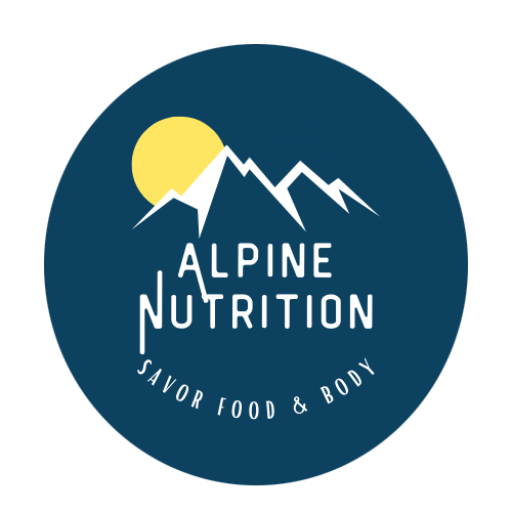Is it really possible to develop eating disorders later in life?
I had a dear friend tell me she’d gained weight and thought it was due to her body going through perimenopause. She was filled with anxiety, anger, and grief as her body prepared to go through this major life change.
Perimenopause is the point when a woman’s ovaries stop releasing eggs and estrogen levels drop. At this stage, many women can have menopause symptoms like hot flashes, fatigue, mood swings, and weight gain leaving a window of vulnerability to developing an eating disorder.
Yes, an eating disorder can happen later in life.
Many people believe that disordered eating only affects teen girls and young adult women. The truth is, eating disorders don’t discriminate. They affect all ages, genders, races, and sexual identities.
Increasing research shows that disordered eating spans across many age groups. For example, a study conducted with 45-64-year-old Canadian women indicated a higher incidence of binge eating compared to younger women. Another study showed that women, between the ages of 40 – 60, experiencing perimenopause symptoms have a heightened risk of developing eating disorders versus premenopausal women, who experience no symptoms.

When a woman transitions to menopause, many hormonal changes take place and impact both an increase in weight and body fat. Because of this, and the fear of gaining weight (aka fatphobia), studies indicate that perimenopausal women have an increased prevalence of eating disorders, higher rates of “feeling fat”, and greater body shape and weight preoccupation compared to premenopausal women.
Unrealistic cultural beauty ideals such as thinness and maintaining a youthful appearance, force many women to succumb to chronic dieting, which is a significant risk factor for developing an eating disorder.
Some historic cultures celebrate this major milestone in a woman’s life as it represents a sign of wisdom. How wonderful would it be to go back to honoring our bodies through all stages of life with less guilt and shame, and more love and compassion?

Changes in our bodies are inevitable – especially the transition into menopause. But that doesn’t mean the changes have to be unbearable. Here are a few tips that can help alleviate some of the discomforts.
- Studies have shown that the intake of phytoestrogen foods can help reduce hot flashes. Phytoestrogens are a compound found in plants that have a similar structure to the body’s estrogen. Some great sources include legumes, soybeans, pistachios, peanuts, chickpeas, flaxseeds, pumpkin seeds, sunflower seeds, whole grains, bran, berries, and vegetables.
- Socialize and connect with others. Talking with others who are going through similar experiences is a great way to get support and share your experience with others.
- Exercising and relieving stress in a healthy way can affect the frequency and intensity of perimenopause symptoms. Another reason to get outside and move your body in a way that brings you joy. Mother Nature is a great source of healing.
From a truly holistic, mind-body approach, these are just some things that may help.
A gentle reminder to also be kind to ourselves and embrace our beautiful bodies, while respecting each other’s journeys.
Regardless of what stage of life you’re in, it’s always a good time to learn how to Savor Food & Body. Download the FREE Savor Food and Body Guide for 5 easy, actionable steps you can take toward making peace with food and your body. You’ll also get the monthly Alpine Nutrition Insider newsletter full of additional tips, resources, and recipes.
Get the guide HERE.
References:
Korn, L. E. (2016). Nutrition essentials for mental health: a complete guide to the food-mood connection. New York: W.W. Norton & Company.
Margo, M., & Kelly, J. (2016). Pursuing perfection. New York, NY: Routledge. ISBN-13: 978-1138890725
Thompson, K. A., & Bardone, C. A. M. (2019). Menopausal status and disordered eating and body image concerns among middle‐aged women. International Journal of Eating Disorders, 52(3), 314–318.
The Transition to Menopause: Time of Increased Risk for Eating Disorders. (2013). Eating Disorders Review, 24(6), 12.




